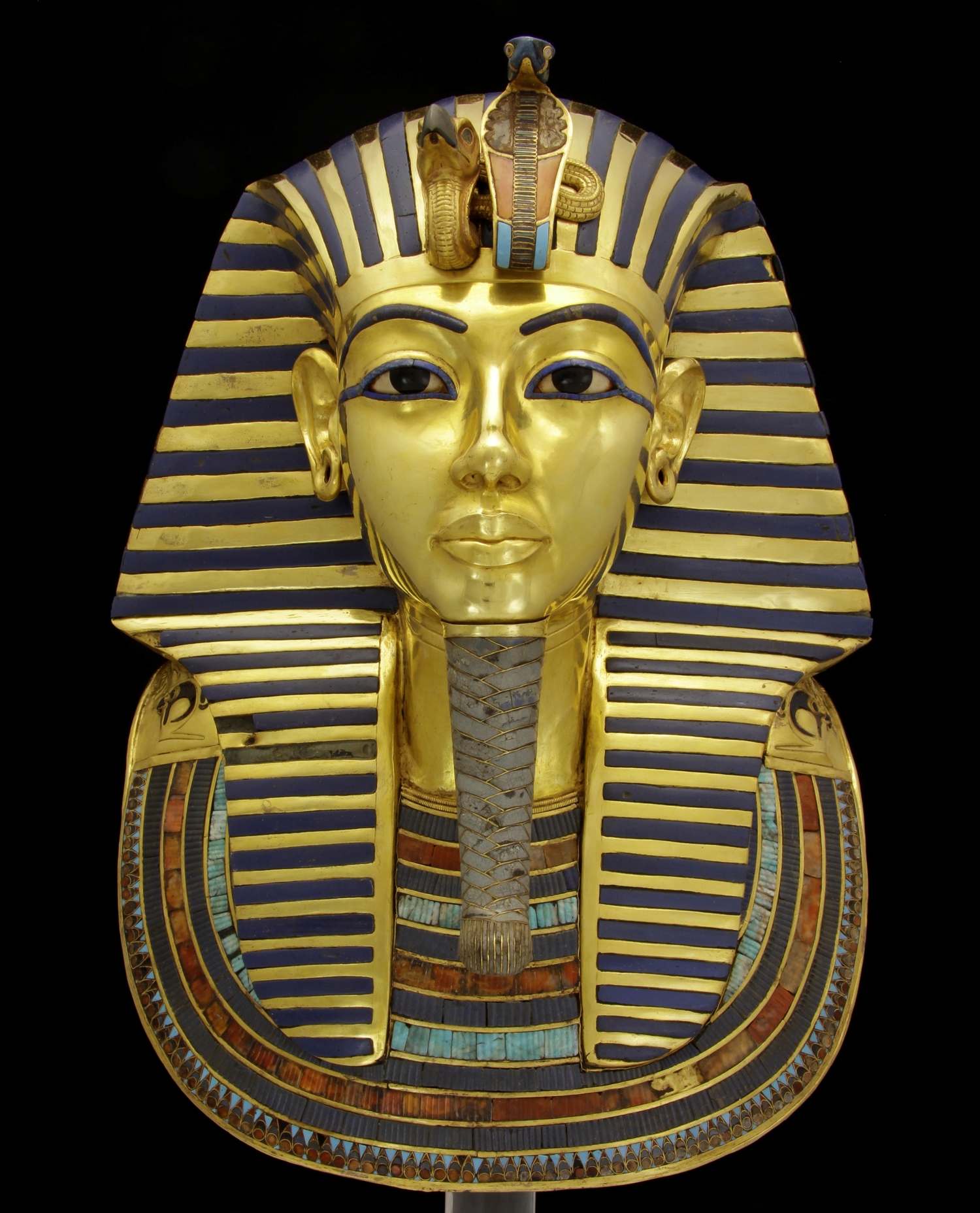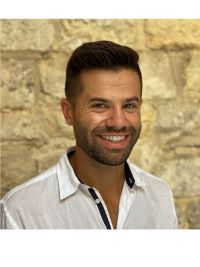
17
SepMembers Only: A Royal Osirian Funerary Rite? Evidence for the Awakening of Osiris Ritual from Tutankhamun’s Tomb (KV62)
Registration is required
Presented by: Nicholas R. Brown
- 2:00 PM ET
- Zoom
- + Add to Calendar
Lecture Information
100 years after its discovery, the tomb of Tutankhamun continues to be the focus of numerous Egyptological studies and scholarly research. Due to Howard Carter’s meticulous and thorough documentation of the tomb, it’s possible today to continue to “excavate” the tomb and make new discoveries about ancient Egyptian religious beliefs, kinship ideology, and funerary practices. This includes a reanalysis and new interpretation of the layout of the Burial Chamber as related to the Awakening of Osiris Ritual.
The earliest depiction of the Awakening of Osiris Ritual comes from the 19th Dynasty, which represents the reanimation of Osiris by his son Horus in the presence of various deities connected to the Osirian myth. In the scene, the mummiform figure of Osiris lays prone and enshrined upon a lion bed, surrounded by various crowns, weapons, clothing, and other emblems. It is here argued that Tutankhamun’s Burial chamber is a physical manifestation of this ritual, which is not only represented in image and text, but also by objects and even the body of Tutankhamun himself. First, the author introduces the Osirian ritual and discusses its origins. Then, several examples of the ritual’s emblems and tools are compared between the two-dimensional depiction of the scene and the three-dimensional layout of the Burial Chamber. Finally, the author proposes a number of hypotheses for why this ritual physically manifested itself within Tutankhamun’s burial, and how this analysis provides us with more information on royal funerary practice during the New Kingdom.
Nicholas Brown Bio
Brown is an American Egyptologist who has worked as an archaeologist in Egypt since 2011. He received his MA degree in Egyptology from the American University in Cairo in 2016, and currently is an Egyptology PhD candidate at UCLA. Currently he lives between Los Angeles, CA and Cairo, Egypt. His excavation experience includes working with archaeological sites in Aswan (at Elephantine Island and Wadi el-Hudi), as well as funerary sites in Luxor, Amarna, and the Sudan. In 2016, Nicholas spent the summer working at the MFA, Boston as the Terrace Curatorial Research Associate in Egyptology. He returned to the MFA over the summer of 2019 to conduct archival research for the Egyptian Art Department’s exhibit “Ancient Nubia Now.” Nicholas’s research interests include funerary material culture from the New Kingdom, as well as the use and perception of ancient Egypt within modern contexts.

